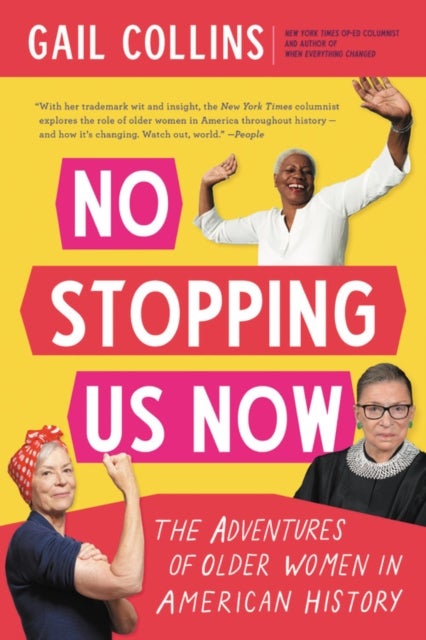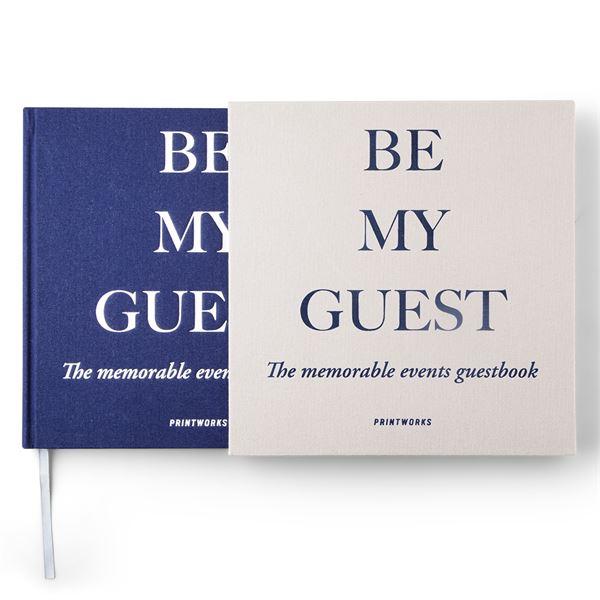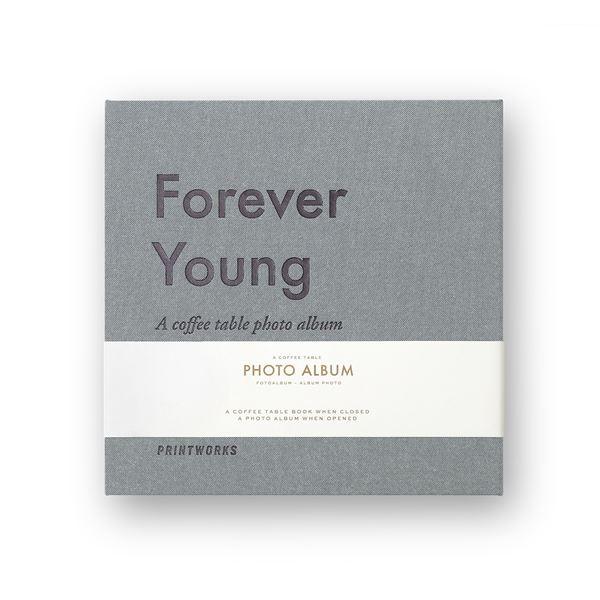
No Stopping Us Now av Gail Collins
279,-
<DIV><B>The beloved <I>New York Times </I>columnist "inspires women to embrace aging and look at it with a new sense of hope" in this lively, fascinating, eye-opening look at women and aging in America (<I>Parade Magazine</I>).</B><BR/><BR/>"You're not getting older, you're getting better," or so promised the famous 1970's ad -- for women's hair dye. Americans have always had a complicated relationship with aging: embrace it, deny it, defer it -- and women have been on the front lines of the battle, willingly or not.<BR/><BR/> In her lively social history of American women and aging, acclaimed <I>New York Times</I> columnist Gail Collins illustrates the ways in which age is an arbitrary concept that has swung back and forth over the centuries. From Plymouth Rock (when a woman was considered marriageable if "civil and under fifty years of age"), to a few generations later, when they were quietly retired to elderdom once they had pas








